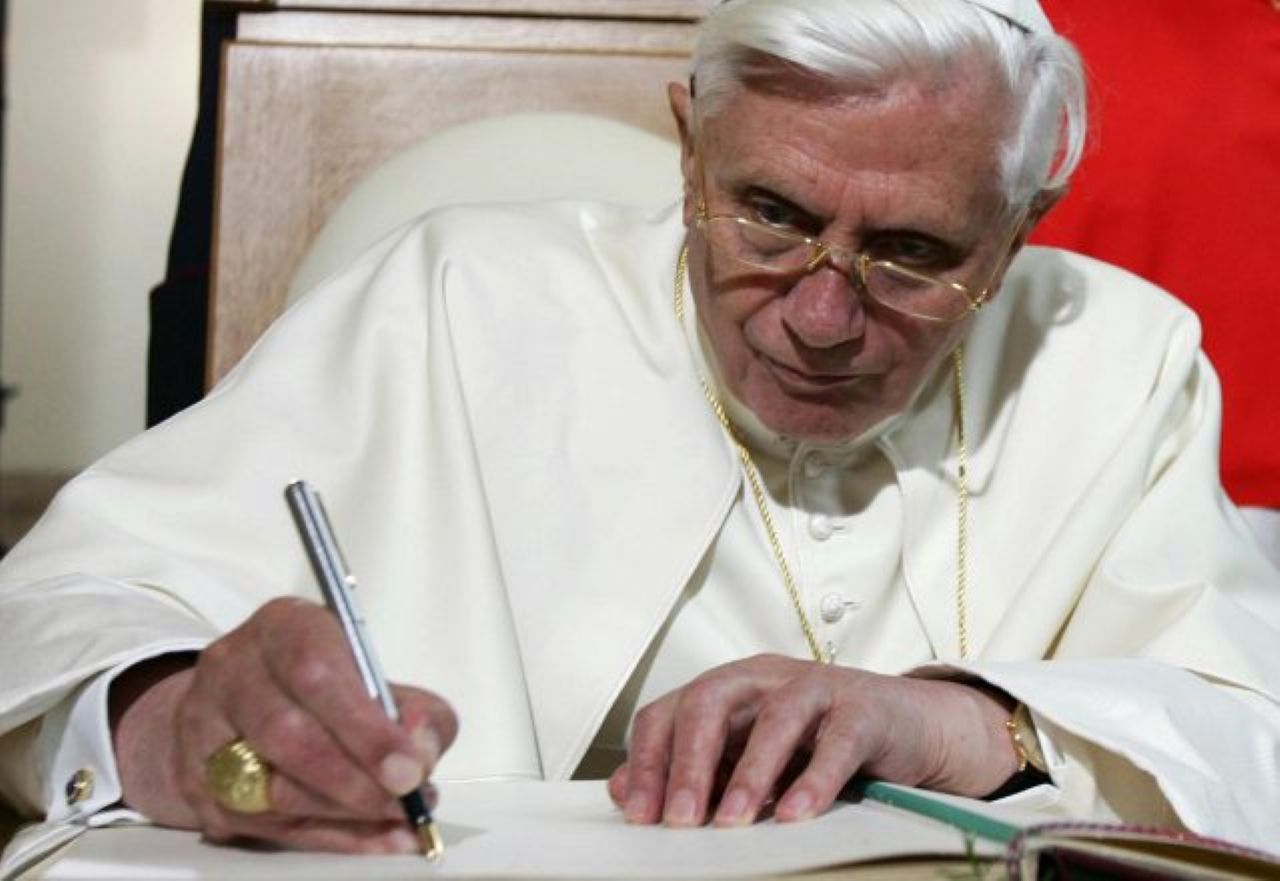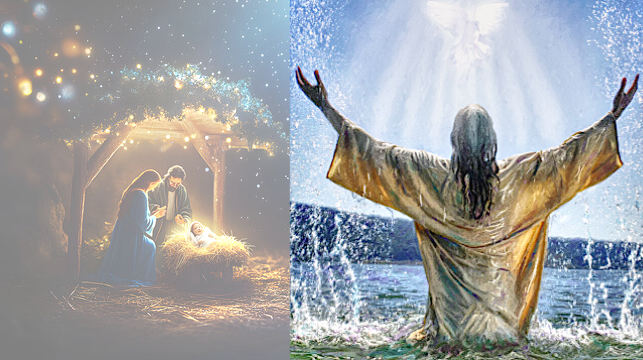On the Fourth Sunday of Easter, the Church celebrates Good Shepherd Sunday, drawing us into the tender mystery of Christ who says, “I am the good shepherd. I know my own and my own know me” (John 10:14). It is a Sunday charged with deep theological resonance and pastoral intimacy. In the figure of the shepherd, we are not presented with a distant ruler, but with a guide who walks before his sheep, calls them by name, and lays down his life for them.
But what does it mean, in our modern world teeming with noise, opinions, and distractions, to truly hear the voice of the Shepherd? And how, in a particular and profound way, do we encounter this voice in the Eucharist?
The Listening Sheep
Sheep are not renowned for intelligence or independence, but they are astonishingly attuned to their shepherd. In the rocky hills of ancient Palestine, flocks would often mingle at communal watering holes. When it came time to leave, each shepherd would call out, and his sheep would separate themselves from the others and follow the sound they recognized. It was not a matter of instinct or eyesight—it was a matter of listening.
Christ draws precisely on this image when He says, “My sheep hear my voice. I know them, and they follow me” (John 10:27). The Christian life begins and matures through this act of listening: hearing the voice of Christ that speaks truth, mercy, correction, and above all, love.
Hearing His Voice in the Eucharist
Today, Christ still speaks. And supremely, He speaks through the Eucharist.
At every Mass, we do not merely recall Christ’s voice in the Gospel or meditate upon His past sacrifice. Rather, we enter into that sacrifice. He speaks to us anew, not only in words but in presence. As the priest, in persona Christi, says “This is my Body… This is my Blood,” the voice of the Shepherd resounds across time. The table becomes the pasture, the altar becomes the field where the Shepherd feeds His sheep—not with grass, but with Himself.
In receiving the Eucharist, we are not only nourished—we are tuned. The noise of the world fades, if only for a moment, and we are brought into communion with the One who calls us by name. Like sheep in the early morning, we rise and follow, recognizing His voice not just in sound, but in the profound silence of adoration and presence.
Listening in an Age of Static
It is not always easy to discern the Shepherd’s voice. Our hearts are cluttered, our ears dulled. In this age of algorithms and ideologies, many other voices compete for our attention—voices of fear, false freedom, and confusion. Yet the voice of the Shepherd is never coercive. It does not shout. It beckons. It invites. It is the voice heard in the stillness of prayer, in the faithful teaching of the Church, and in the sacred silence that follows Holy Communion.
Pope Benedict XVI once wrote that “the Eucharist draws us into Jesus’ act of self-oblation… we enter into the very dynamic of His self-giving.” In the Eucharist, the Shepherd not only feeds us; He shapes us. Our ears become attuned to the frequency of grace. We begin to distinguish His voice from the counterfeit calls around us.
Called to Follow
Good Shepherd Sunday is more than a pastoral metaphor—it is a Eucharistic summons. It invites us to become sheep in the most paradoxically glorious way: not mindless followers, but disciples who freely follow the One who has already walked ahead into the valley of death and emerged victorious.
To hear His voice is to trust His path. To receive His Body is to be drawn into His heart. And to know Him is to know the One who knows you better than you know yourself.
May we, like those sheep long ago, rise from the confusion of the crowd at the sound of His voice. May we follow where He leads—especially today, as He leads us to the altar, to Himself, to the green pastures of eternal life.












